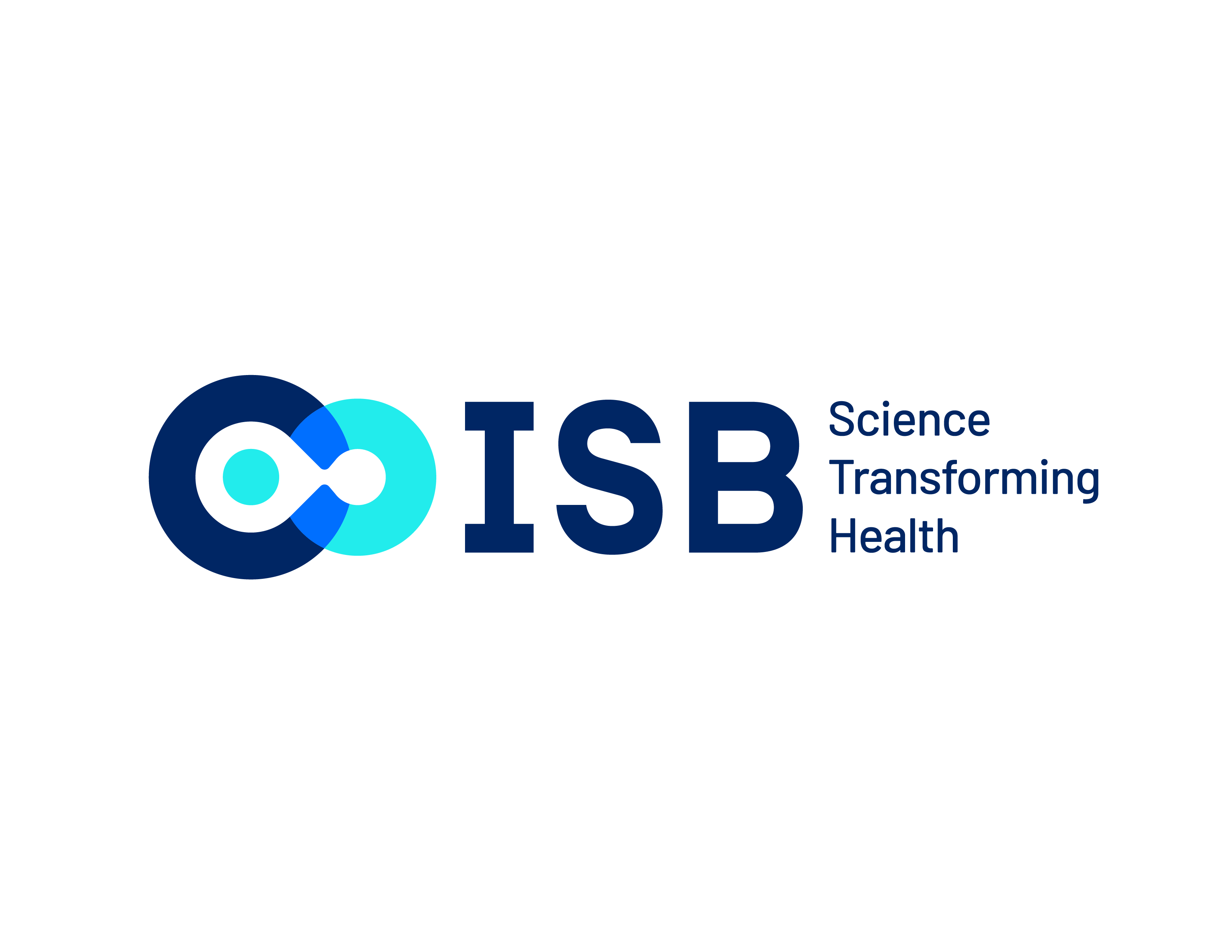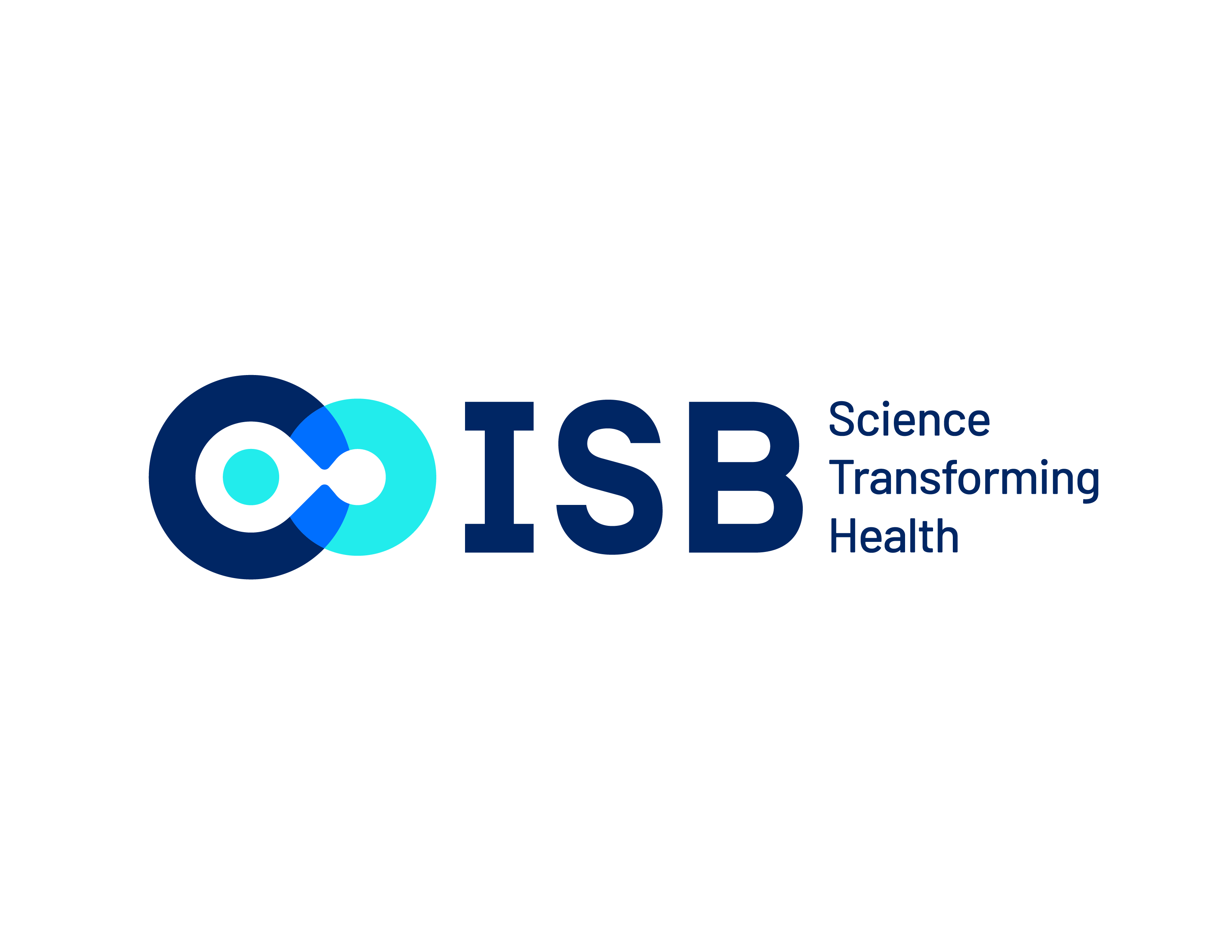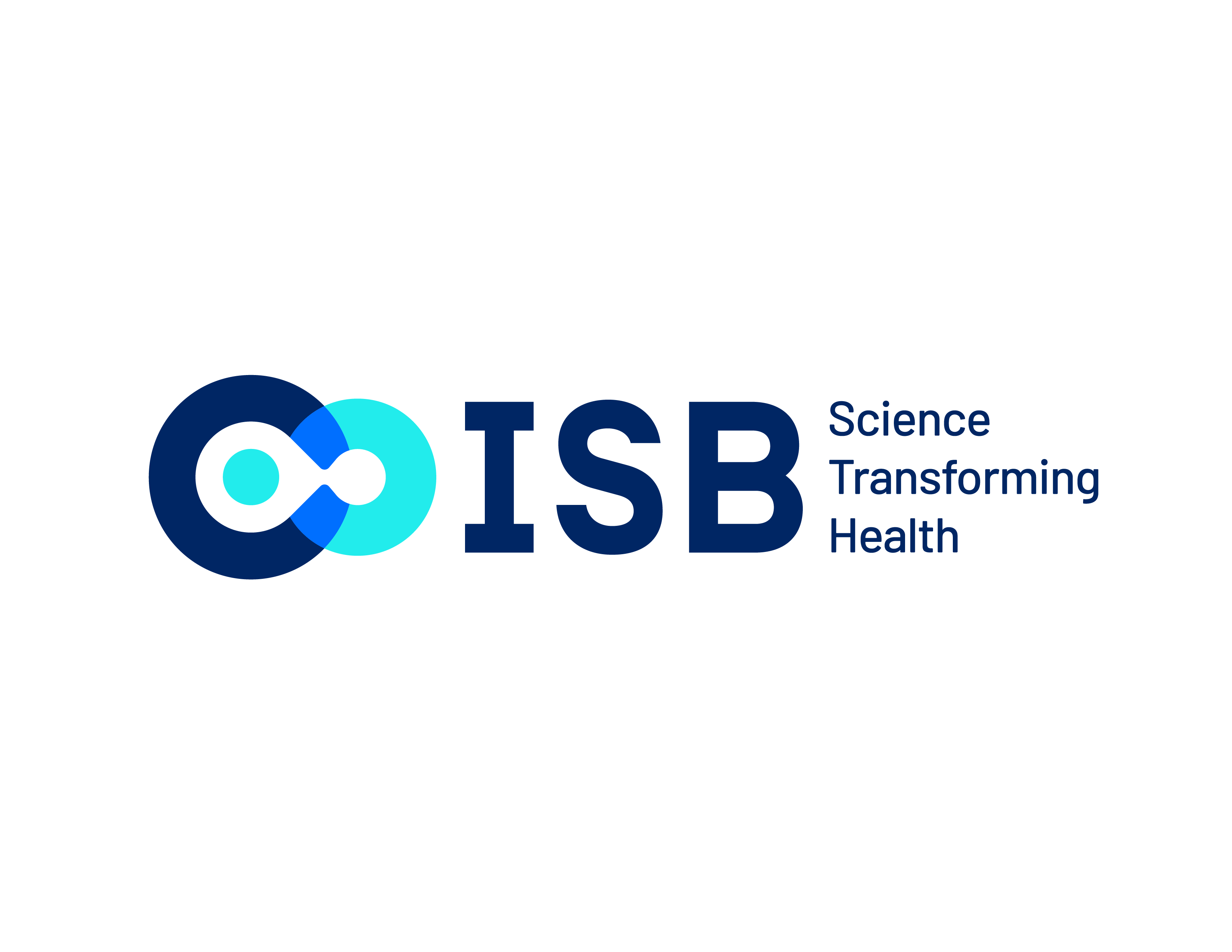Articles from Institute for Systems Biology

Institute for Systems Biology research shows how microbial teamwork vital to clean water and healthy soils is becoming more fragile
By Institute for Systems Biology · Via GlobeNewswire · June 18, 2025

Institute for Systems Biology (ISB) researchers have uncovered a stealth survival strategy that cancerous cells use to evade targeted therapy
By Institute for Systems Biology · Via GlobeNewswire · March 20, 2025

Breakthrough method developed at Institute for Systems Biology (ISB) analyzes food-derived DNA in fecal metagenomes, allowing for data-driven diet tracking without the need for burdensome questionnaires.
By Institute for Systems Biology · Via GlobeNewswire · February 18, 2025

and Immunotherapies Scientists at the Institute for Systems Biology (ISB) reveal how T cells "decide" their fate in fighting infections like COVID-19, paving the way for improved treatments for infections, cancer, and autoimmune diseases.
By Institute for Systems Biology · Via GlobeNewswire · February 11, 2025

Institute for Systems Biology (ISB) researchers have gained new insights into the strengths and limitations of using artificial intelligence (AI) to identify social determinants of health from electronic health records. Their peer-reviewed results were published on Wednesday.
By Institute for Systems Biology · Via Business Wire · November 21, 2024

Short-chain fatty acids (SCFAs) are beneficial molecules created by the bacteria residing in our gut that are closely tied to improved host metabolism, lower systemic inflammation, better cardiovascular health, lower cancer risk, and more. However, SCFA profiles can vary widely between individuals consuming the same exact diet and we currently lack tools for predicting this inter-individual variation.
By Institute for Systems Biology · Via Business Wire · June 24, 2024

Combined, infection, autoimmunity and cancer account for four out of every 10 deaths worldwide, and represent major global health challenges. In a just-published paper in the journal Cell Reports, Institute for Systems Biology (ISB) researchers highlight a novel discovery of how the human immune system works in common ways across diseases, and offer promising avenues for exploring multi-disease therapeutic strategies.
By Institute for Systems Biology · Via Business Wire · March 4, 2024

For many aspiring mothers with autoimmune disease, pregnancy can be daunting and full of unknowns. In some cases, those suffering from specific autoimmune conditions have chosen to forego pregnancy altogether due to concerns about their disease treatments and adverse pregnancy outcomes.
By Institute for Systems Biology · Via Business Wire · January 31, 2024

T cells are soldiers on the front lines of the human immune system. They are responsible for many important roles, including attacking viral- or bacterial-infected cells and certain cancer cells, and immunological memory – remembering the specific pathogens or the cancer signatures that originally trigger T cells.
By Institute for Systems Biology · Via Business Wire · October 25, 2023

Supplementing the standard of treatment for early-stage Alzheimer’s disease patients with personalized lifestyle coaching leads to less cognitive decline compared to standard of care alone, an ISB-led study shows. An early online version of this paper detailing the findings has been published, and is scheduled for publication in the November issue of Journal of Alzheimer’s Disease.
By Institute for Systems Biology · Via Business Wire · October 16, 2023

In light of the recent FDA and CDC decision to approve two updated messenger RNA COVID-19 booster shots, it is imperative to alert the pregnant population of the importance and effectiveness of these vaccines and boosters.
By Institute for Systems Biology · Via Business Wire · September 25, 2023

Mycobacterium tuberculosis (Mtb) is the pathogen that causes tuberculosis (TB), the world’s deadliest infectious disease. Mtb is so successful and harmful because it can adapt to different conditions inside our bodies, allowing it to evade treatment.
By Institute for Systems Biology · Via Business Wire · August 29, 2023

One of the most cited scientific papers of 2022 – important research out of the Institute for Systems Biology (ISB) that identified several factors that can predict if a patient is likely to develop long COVID – has been voted into the championship round of STAT Madness.
By Institute for Systems Biology · Via Business Wire · March 31, 2023

ISB researchers have constructed biological body mass index (BMI) measures that offer a more accurate representation of metabolic health and are more varied, informative and actionable than the traditional, long-used BMI equation. The work was just published in the journal Nature Medicine.
By Institute for Systems Biology · Via Business Wire · March 20, 2023

The nearly 200-year-old phrase “you are what you eat” has some new evidence. ISB researchers have found that the gut microbiome, including what we feed it, is largely responsible for the variation in circulating blood metabolites across people. This knowledge will help guide targeted interventions designed to alter the composition of the human blood metabolome. The findings were published today in Nature Metabolism.
By Institute for Systems Biology · Via Business Wire · November 10, 2022

More than 40 million Americans take statins, the most common type of prescription drug. While statins have been shown to effectively lower cholesterol levels and reduce the risks of stroke and heart attack, they do not work the same for everyone, and side effects of statin use include an increased risk of developing type 2 diabetes.
By Institute for Systems Biology · Via Business Wire · May 11, 2022

A just-published study provides previously unknown answers about which hospitalized COVID-19 patients are most likely to need mechanical ventilation or to die.
By Institute for Systems Biology · Via Business Wire · April 28, 2022

A significant portion of people who contract the SARS-CoV-2 virus – some estimates suggest more than 40 percent – suffer chronic effects known as Post Acute Sequelae of COVID-19 (PASC), commonly referred to as long COVID. PASC symptoms include fatigue, brain fog, the loss of taste and smell, shortness of breath, and more.
By Institute for Systems Biology · Via Business Wire · January 25, 2022

People who contracted COVID-19 while pregnant were more likely to have poor birth outcomes including preterm birth, small for gestational age, low birth weight, and stillbirth. The poor outcomes of preterm birth and stillbirth were observed primarily with those infected with SARS-CoV-2 during the first or second trimester, whereas increased rates of small for gestational age were driven largely by third trimester infection.
By Institute for Systems Biology · Via Business Wire · January 13, 2022

The strongest associations with weight loss success or failure – independent of BMI – are found in the genetic capacity of the gut microbiome. These new findings open the door to diagnostic tests that can identify people likely to lose weight with healthy lifestyle changes and those who might need more drastic interventions.
By Institute for Systems Biology · Via Business Wire · September 14, 2021

Researchers from Institute for Systems Biology (ISB), Fred Hutchinson Cancer Research Center and other organizations have uncovered underlying metabolic changes that regulate how immune cells react to COVID-19. The findings were published in the journal Nature Biotechnology.
By Institute for Systems Biology · Via Business Wire · September 6, 2021
